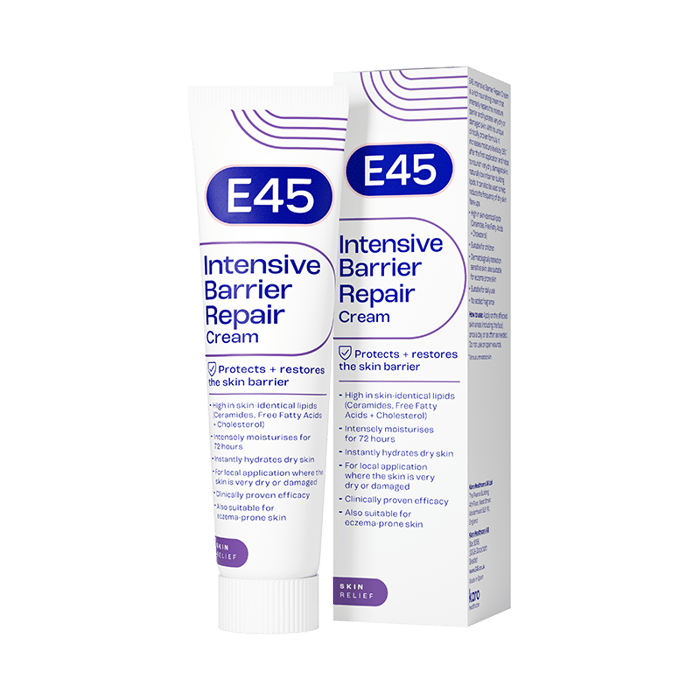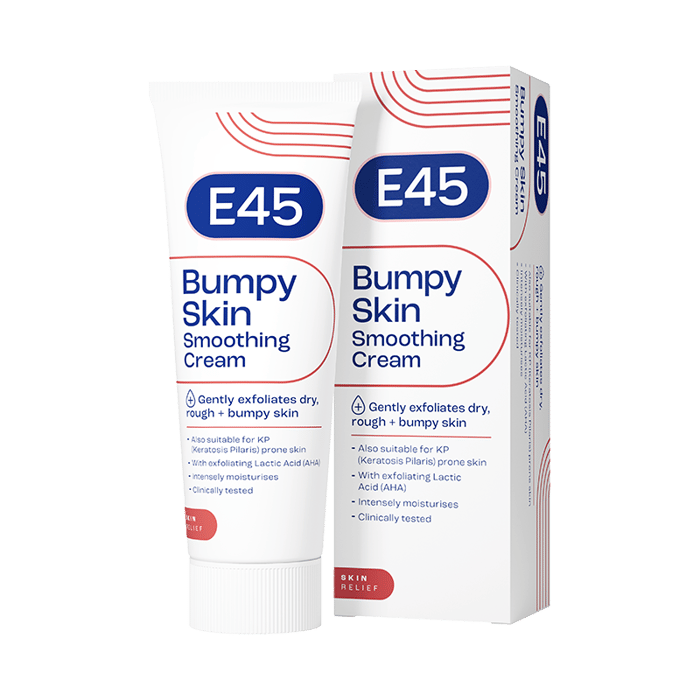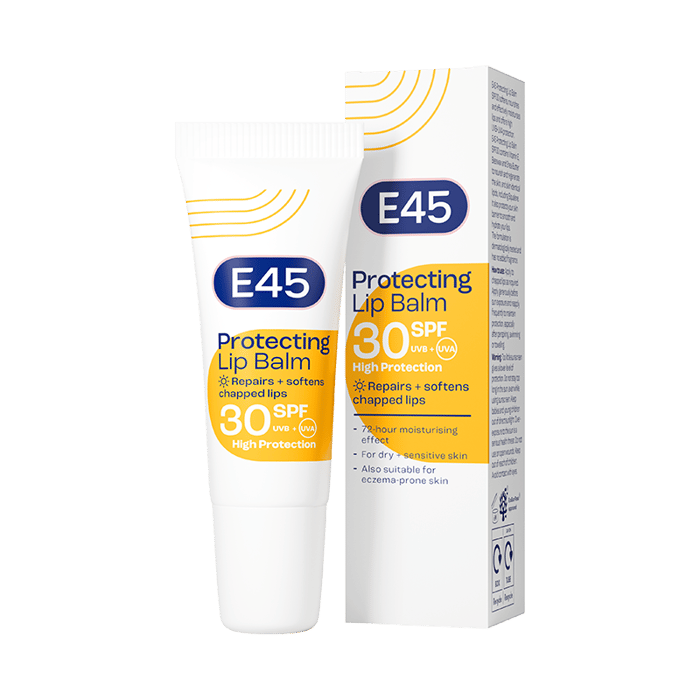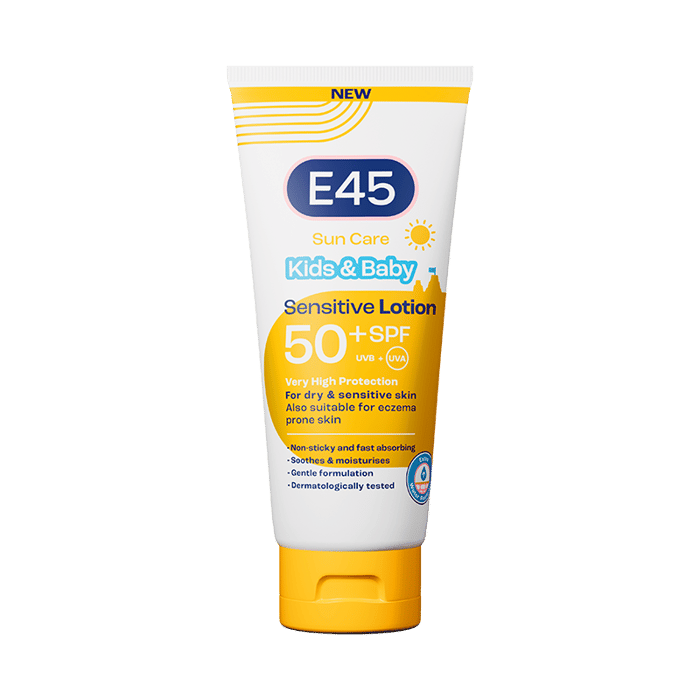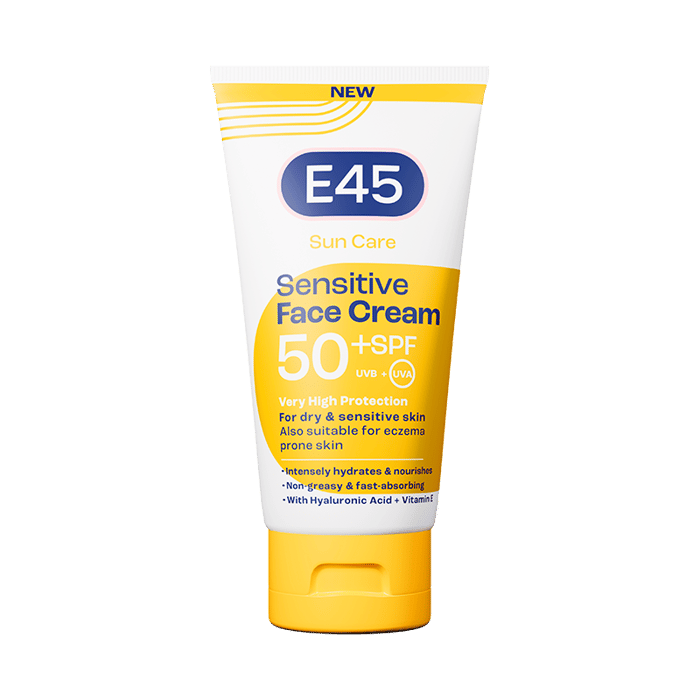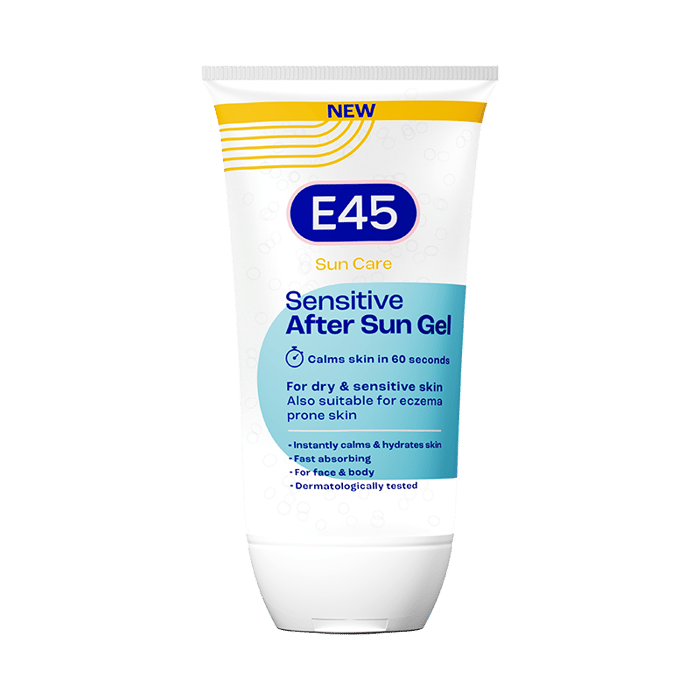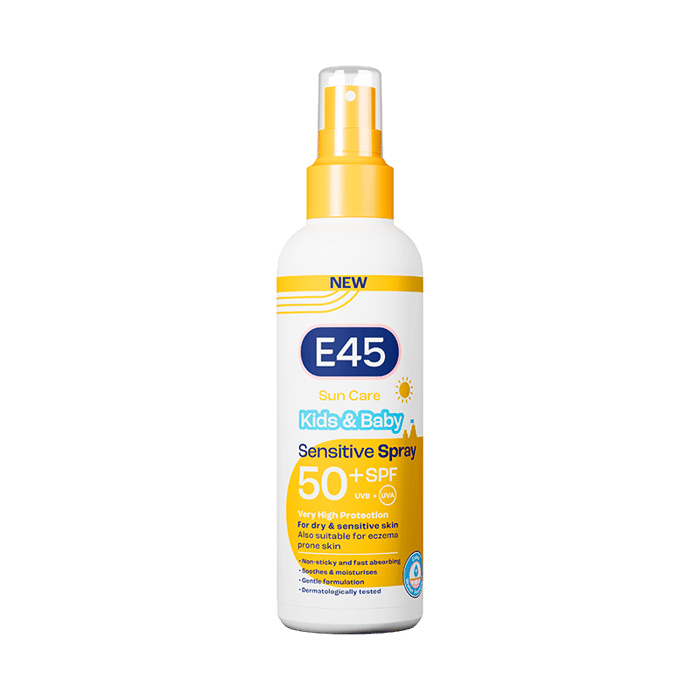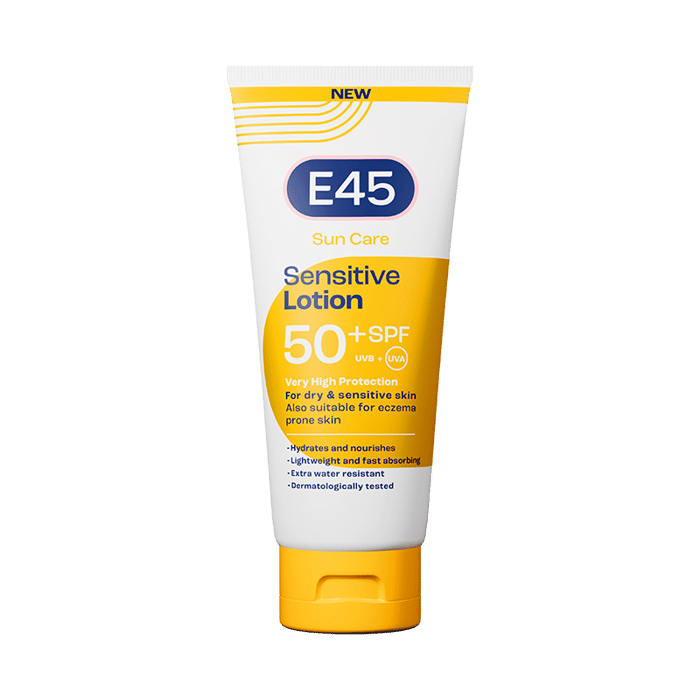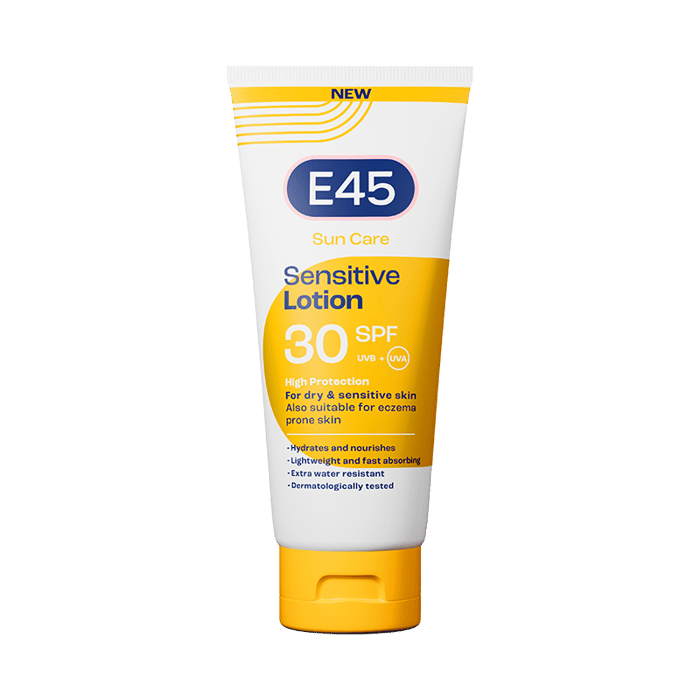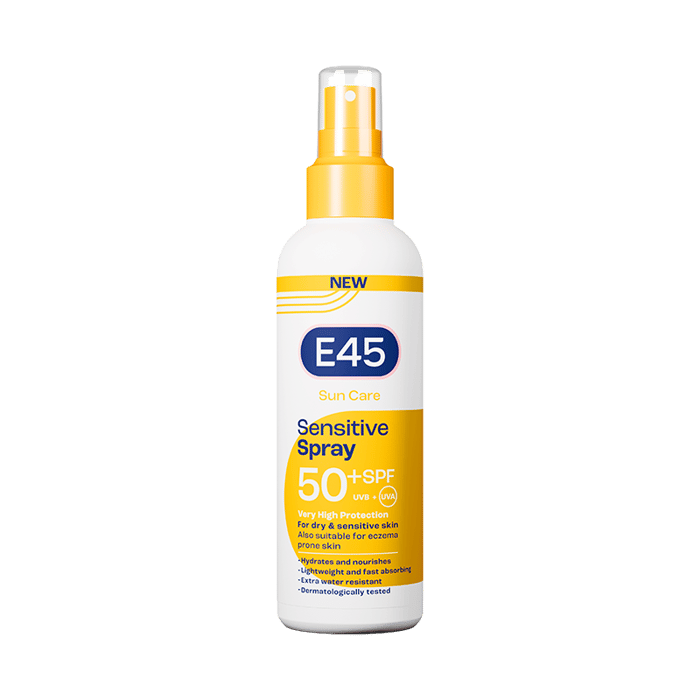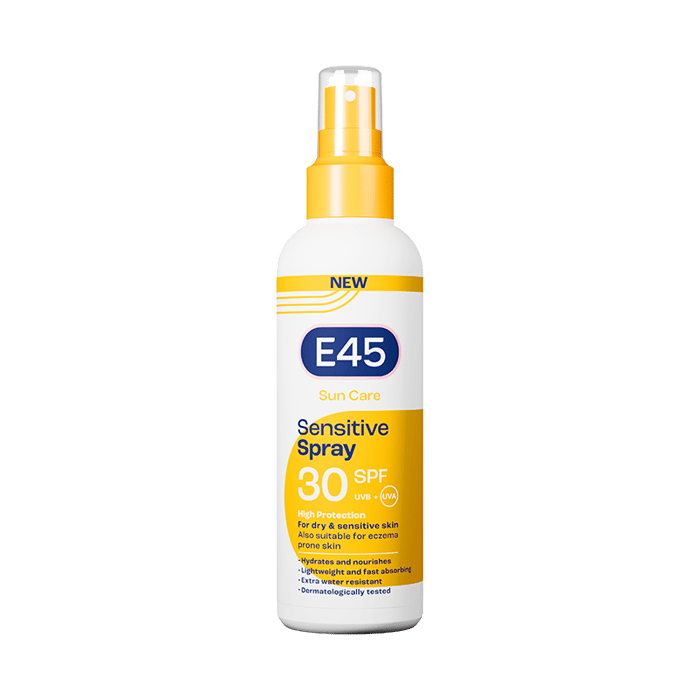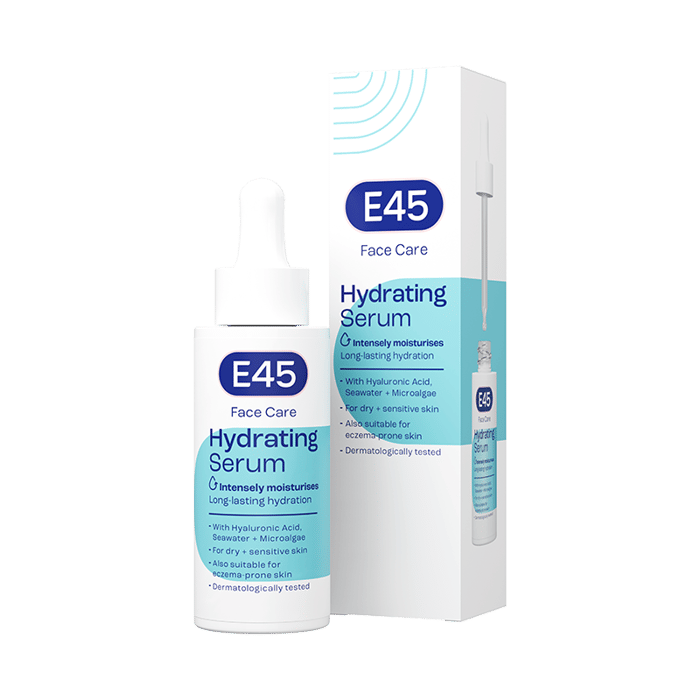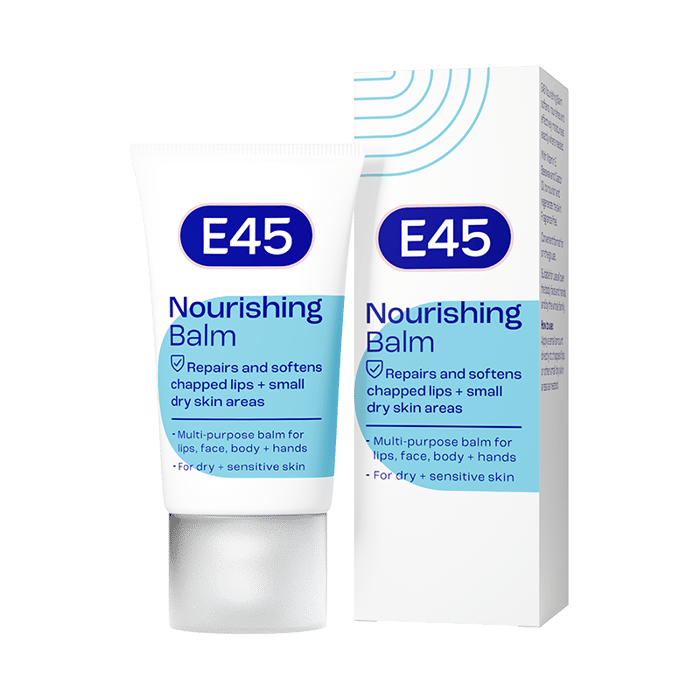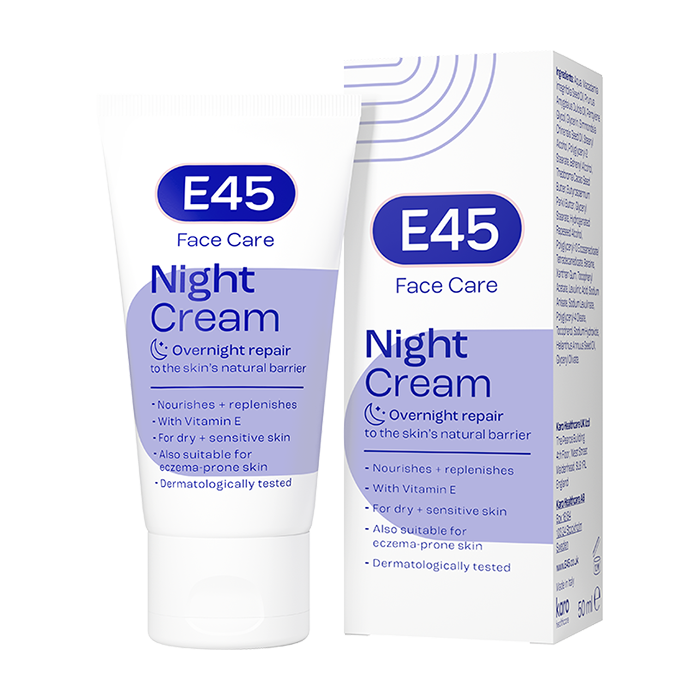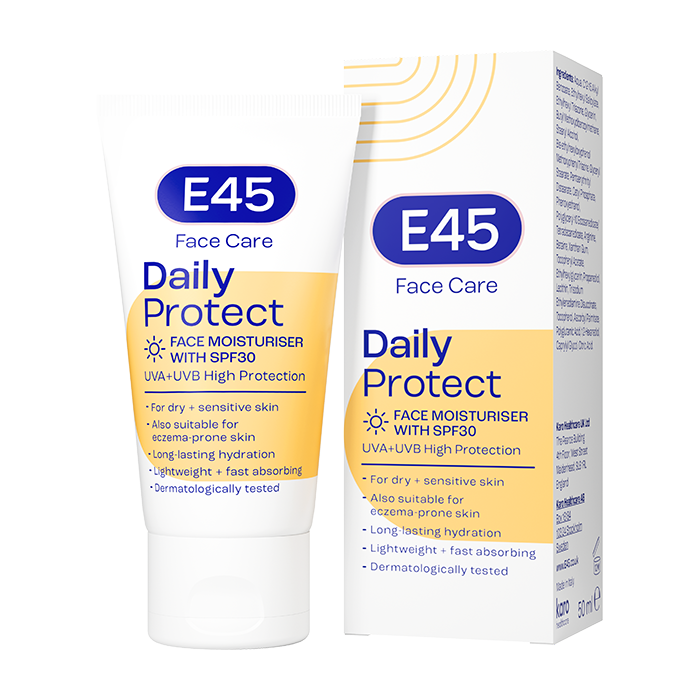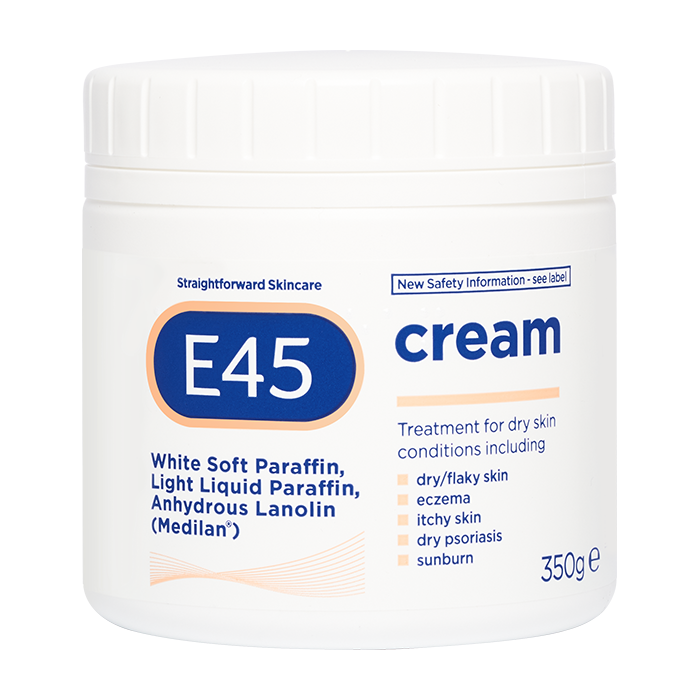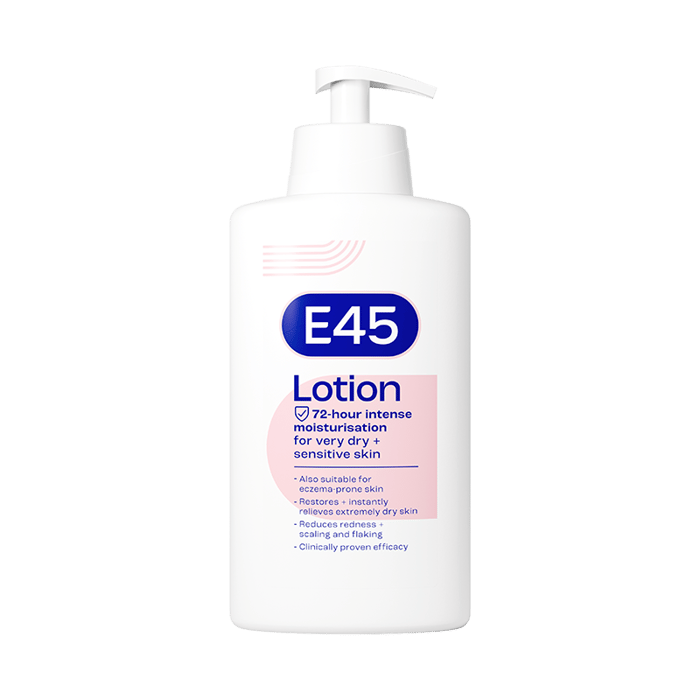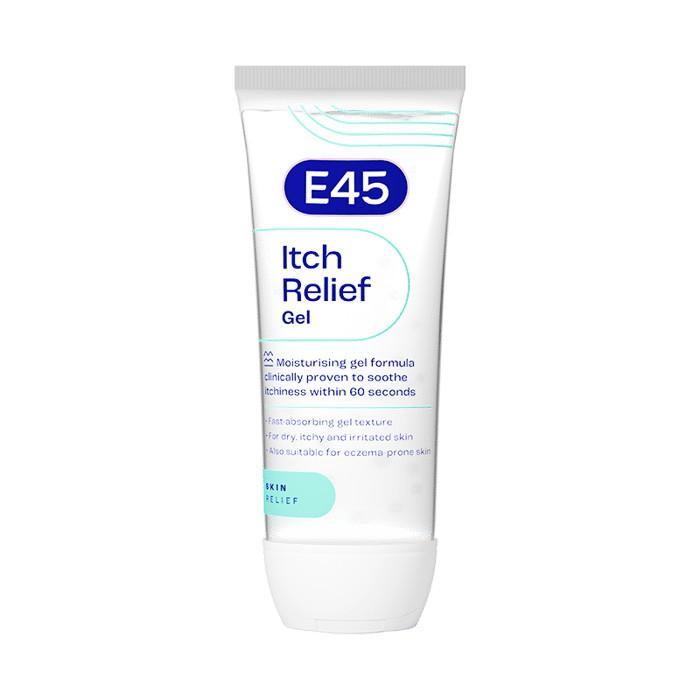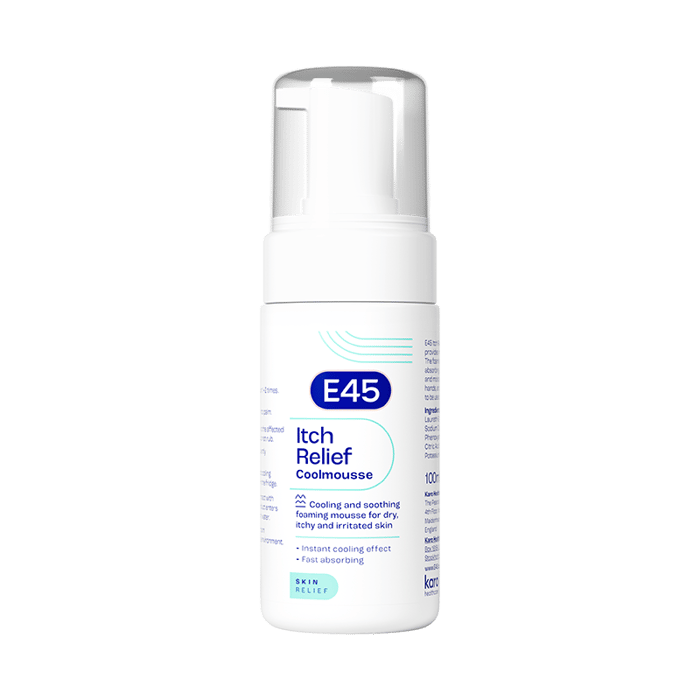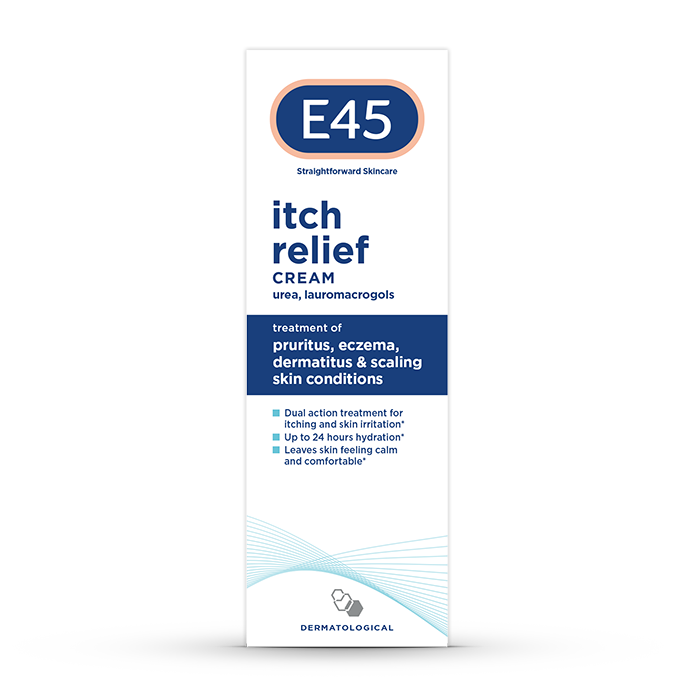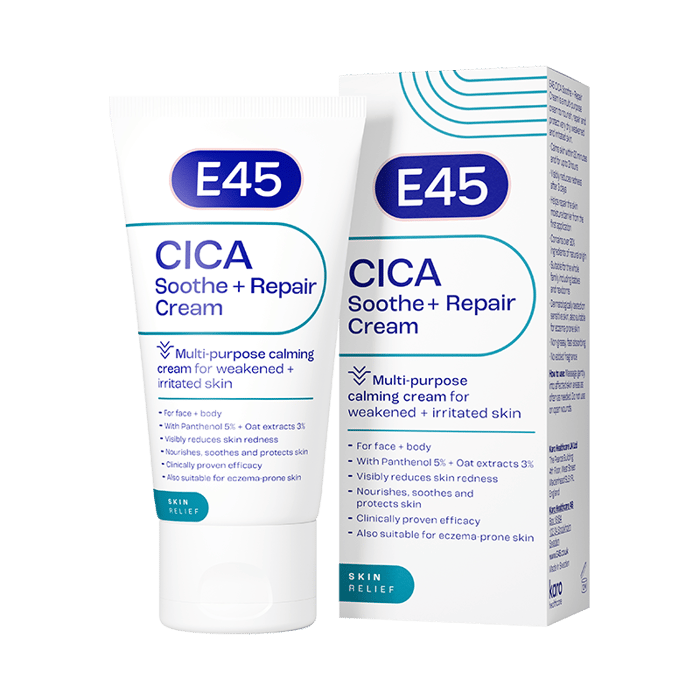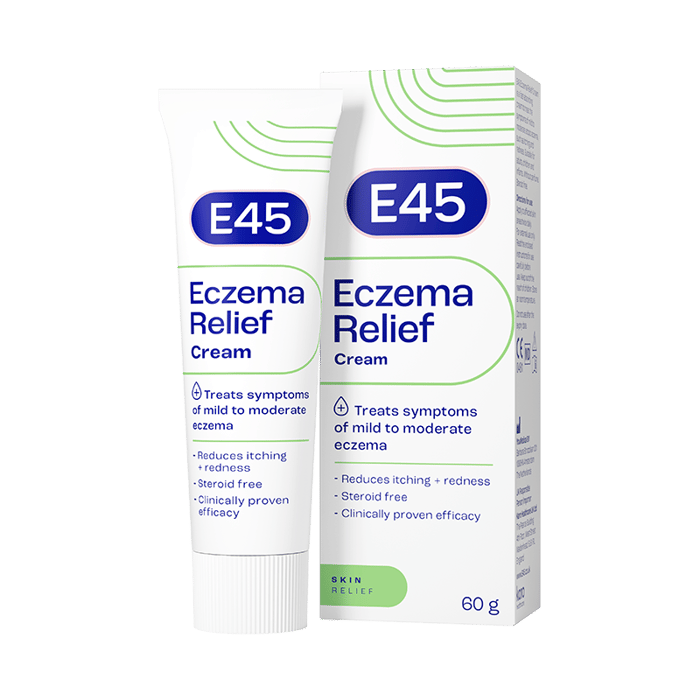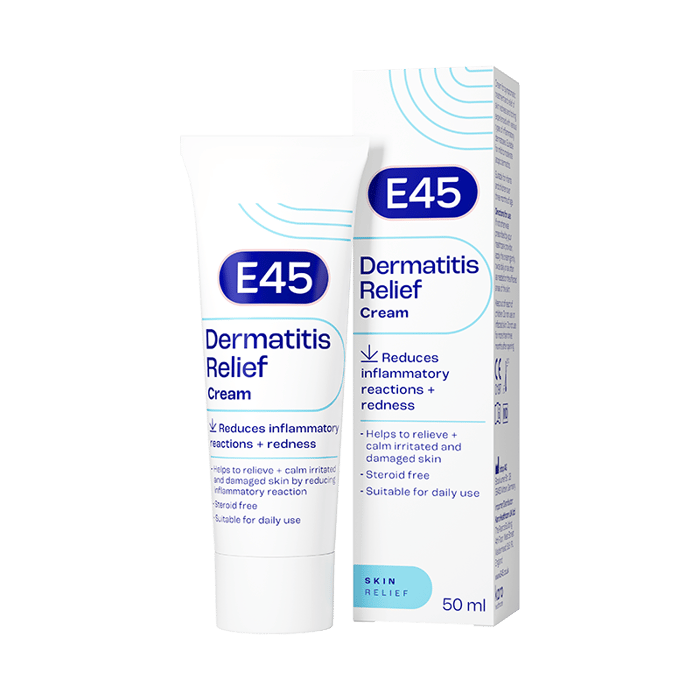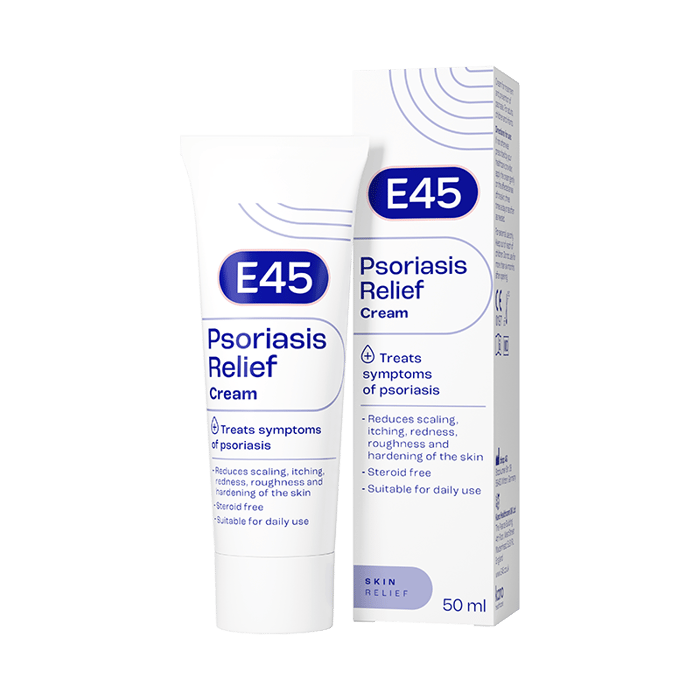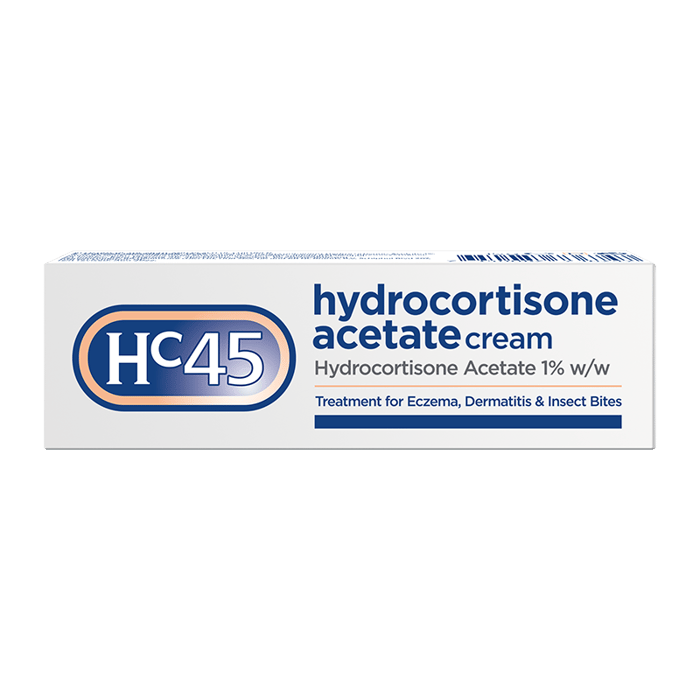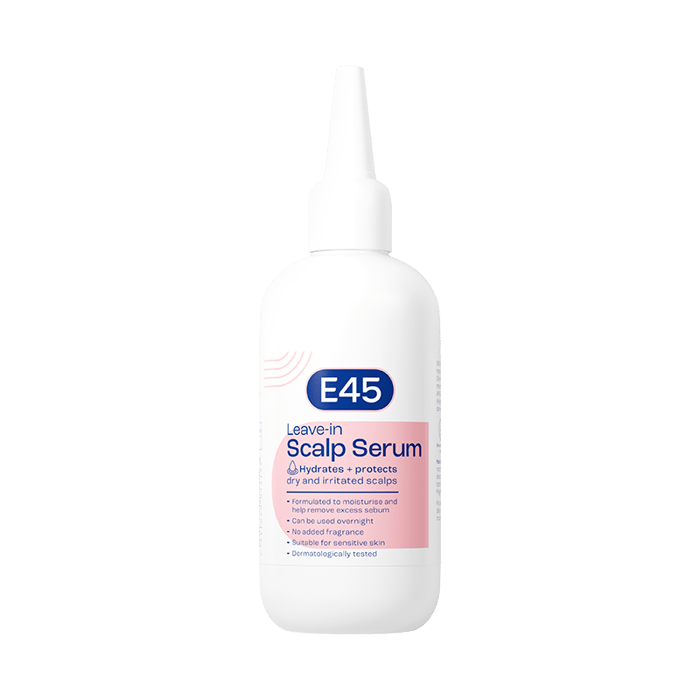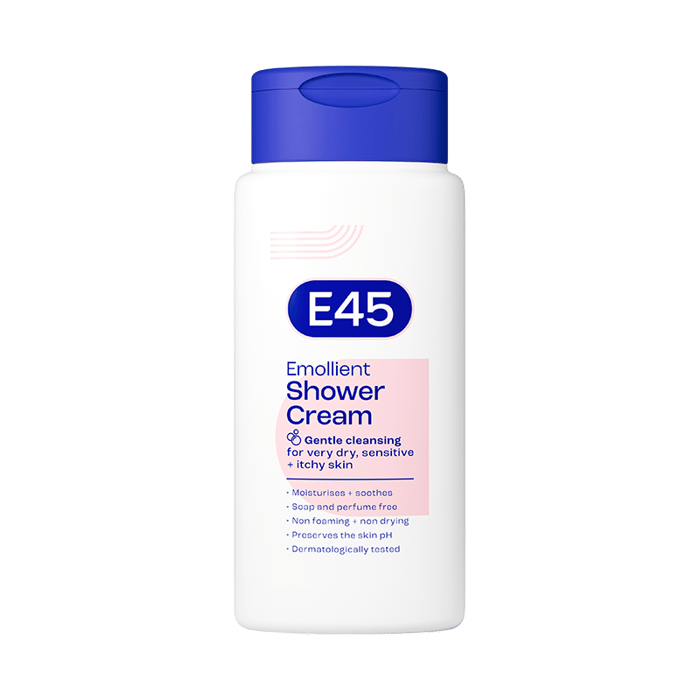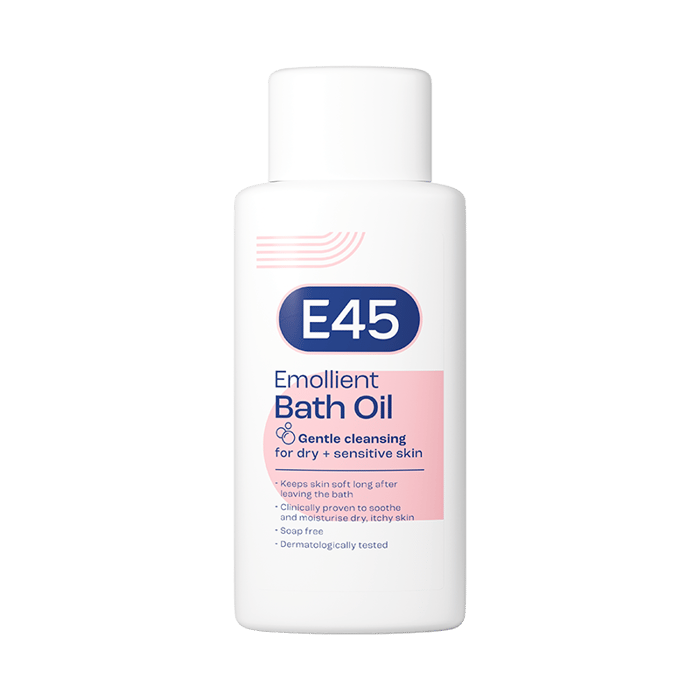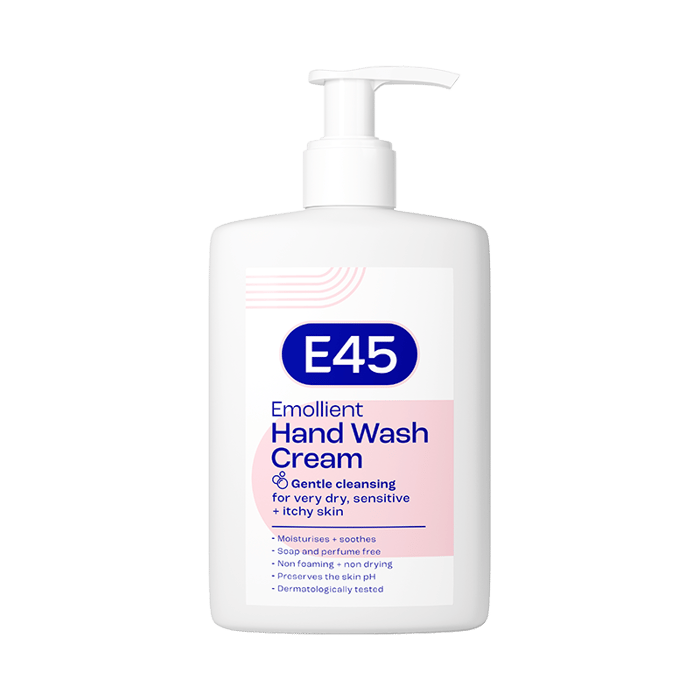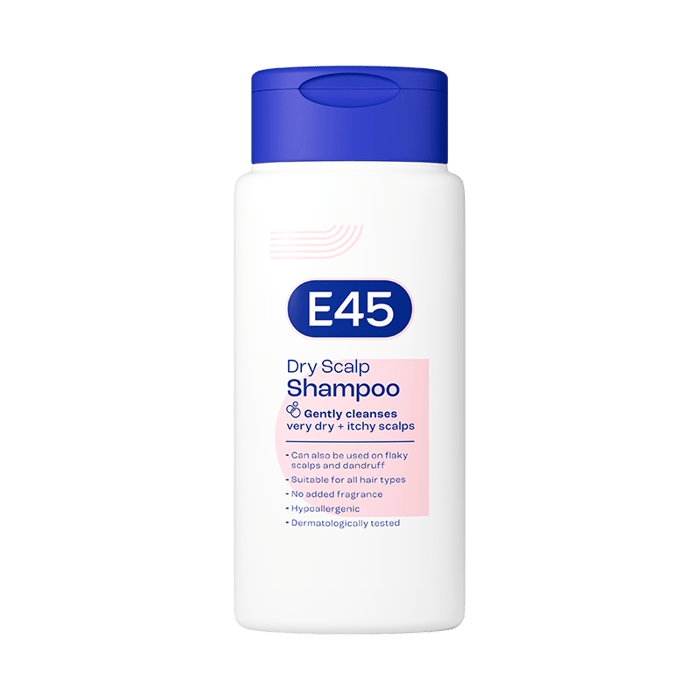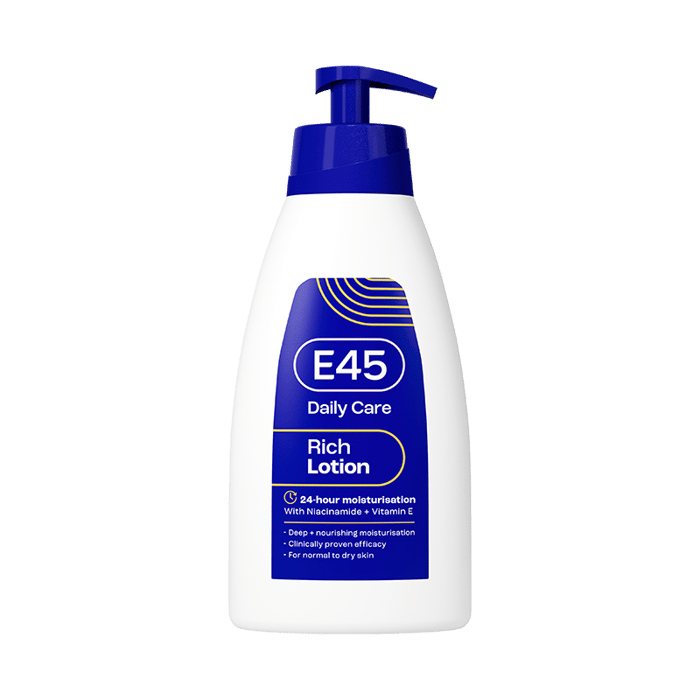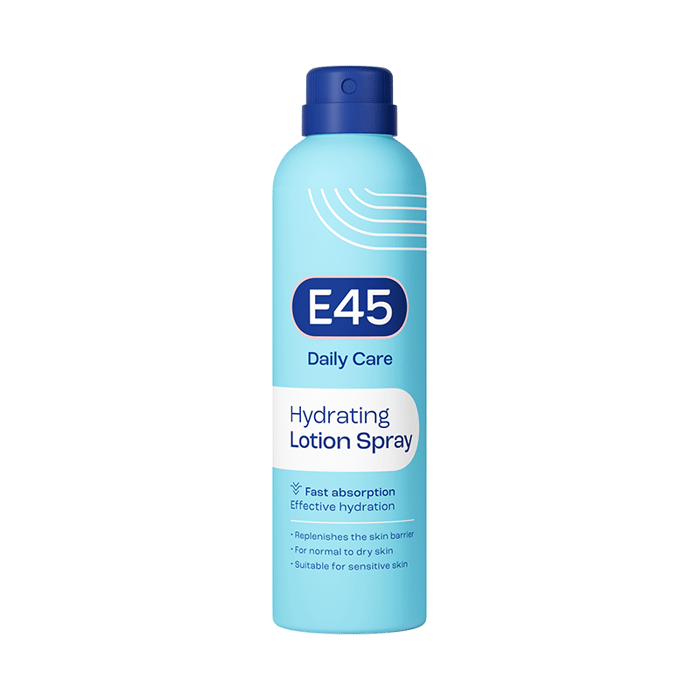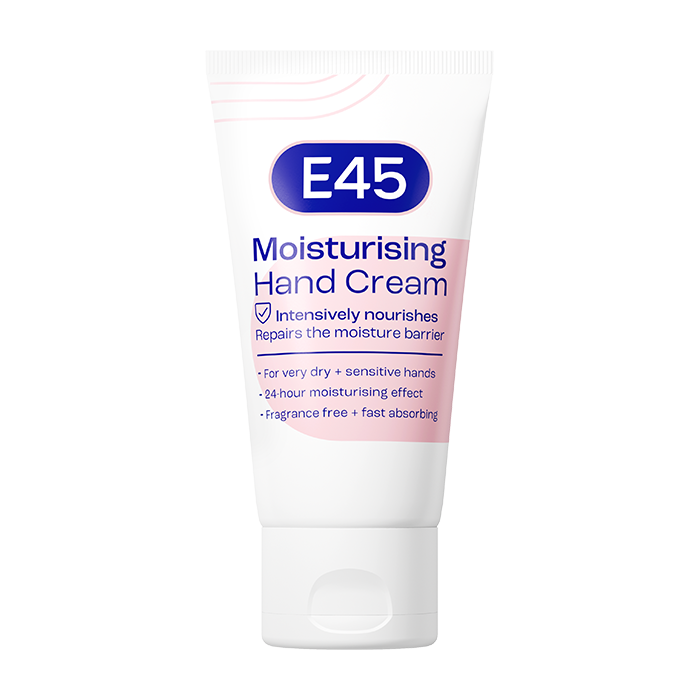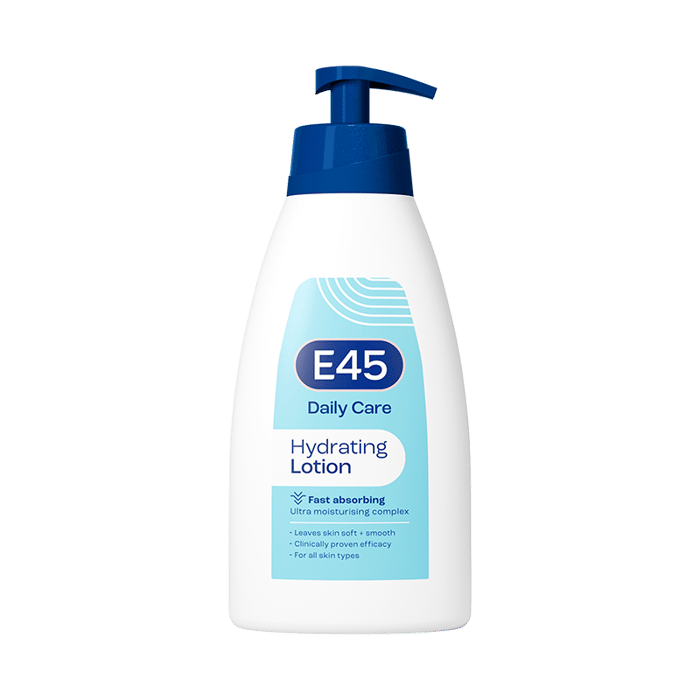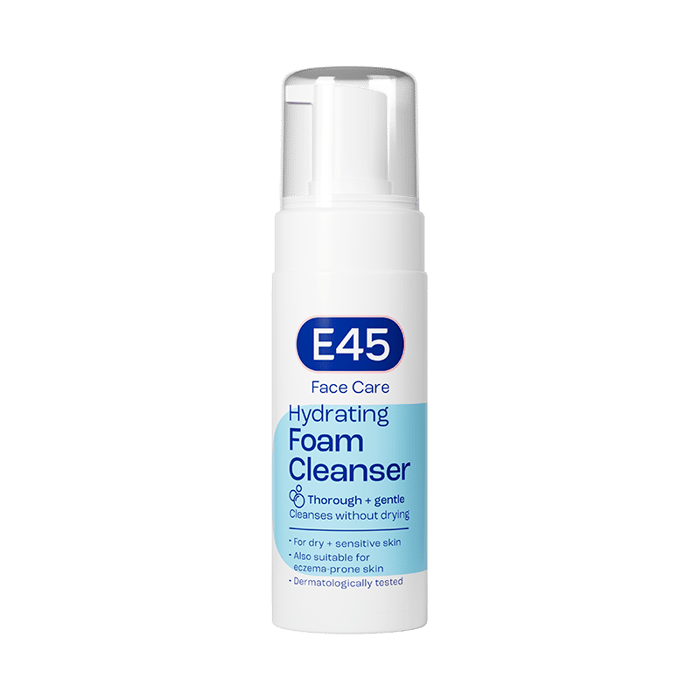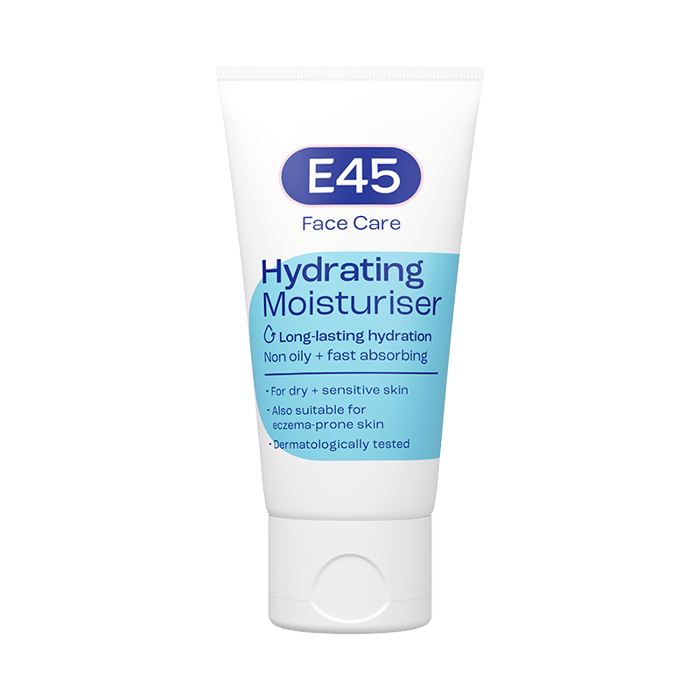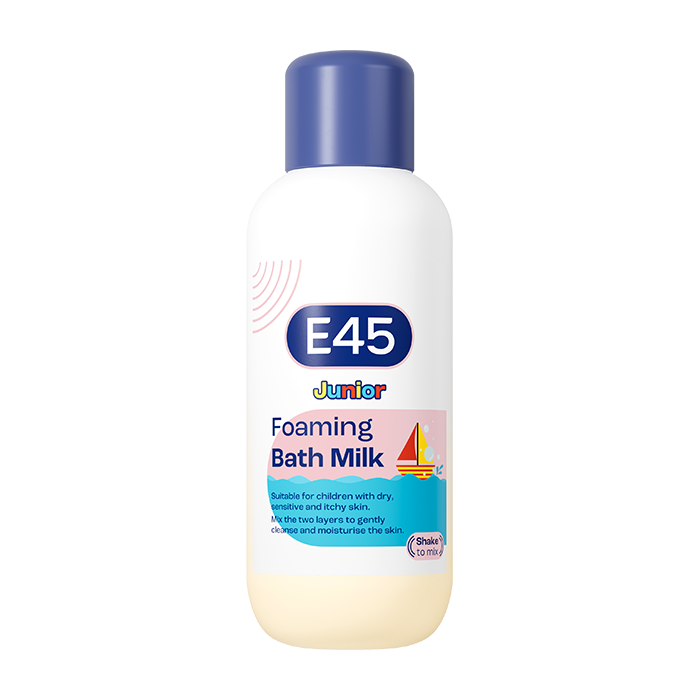Niacinamide and the skin: Benefits and uses
Discover the many uses and benefits of niacinamide for skin care. Learn how it brightens, strengthens and improves the appearance of your skin, explore potential side effects and find out how to incorporate it into your routine.
What is niacinamide?
Niacinamide, also known as nicotinamide, is a form of vitamin B3 that has become very popular in skincare thanks to its ability to improve the health and appearance of the skin. It’s a water-soluble vitamin that’s naturally found in food and the human body. In skincare, niacinamide is known for its many benefits, including its ability to strengthen the skin’s barrier, reduce inflammation and address various skin concerns like hyperpigmentation, acne and fine lines (Source).
Niacinamide has become a staple ingredient in many skincare products, from serums and moisturisers to sunscreens and toners. It’s considered safe for daily use and can be combined with a variety of other ingredients to enhance its effectiveness.
Is niacinamide good for the skin?
Niacinamide is highly beneficial for most skin types and concerns. It helps to reduce the appearance of blemishes, redness and hyperpigmentation, while also improving skin texture and elasticity. Its calming, anti-inflammatory properties make it ideal for those with sensitive or acne-prone skin, and it can be used to brighten the complexion without causing irritation (Source).
Niacinamide has the ability to support the skin’s natural barrier function, which helps it retain moisture and defend against environmental stressors. Whether you’re looking to tackle acne, hyperpigmentation, or the signs of ageing, niacinamide offers a versatile and effective solution.
Benefits of niacinamide for the skin
Niacinamide is a multitasking powerhouse that provides a wide range of benefits for the skin. Here are some of its key advantages:
1. Reduces hyperpigmentation and evens skin tone
Niacinamide is particularly effective at reducing hyperpigmentation, including dark spots, sun spots and post-inflammatory hyperpigmentation (PIH). It works by inhibiting the transfer of melanin (pigment) to skin cells, which helps to lighten areas of darkened skin and promotes a more even skin tone (Source). Over time, niacinamide can help to fade discolouration and enhance skin radiance, making it a popular choice for those struggling with uneven pigmentation.
2. Strengthens the skin barrier
The skin barrier is essential for maintaining a healthy complexion by preventing water loss and shielding the skin from harmful environmental factors, such as pollution and bacteria. Niacinamide helps to strengthen the skin’s barrier by increasing the production of ceramides – lipids that are vital for the skin’s protective layer. A strong skin barrier helps prevent dryness, irritation and inflammation, keeping the skin smooth and balanced (Source).
3. Controls sebum production and reduces breakouts
Niacinamide can regulate the production of sebum (skin oils), making it especially beneficial for individuals with oily or acne-prone skin. By controlling sebum production, it can help to prevent clogged pores, which can lead to breakouts and acne flare-ups. Studies have shown that niacinamide can reduce the size and severity of acne lesions, contributing to clearer, healthier-looking skin (Source).
4. Calms inflammation and irritation
Niacinamide has powerful anti-inflammatory properties, making it ideal for helping to calm skin conditions such as rosacea, eczema and acne. It can help to reduce redness, swelling and irritation, providing relief for sensitive and inflamed skin. Its soothing effects can also help to balance skin reactions, promoting a calmer and more comfortable complexion (Source).
5. Minimises the appearance of pores
Niacinamide is effective at improving skin texture by reducing the size of enlarged pores. It does this by regulating sebum production and improving skin elasticity, which can make pores appear smaller and less noticeable. This effect contributes to smoother, more refined skin, which is one of the reasons niacinamide is frequently used in products targeted at those with oily or combination skin (Source).
6. Protects against environmental damage
Niacinamide has antioxidant properties, which allow it to help protect the skin from free radical damage caused by environmental stressors such as pollution, UV radiation and other sources of oxidative stress. This can prevent premature ageing, such as fine lines and wrinkles, and help to maintain overall skin health (Source).
What skin types can benefit from using niacinamide?
Niacinamide is a versatile ingredient that suits all skin types, making it a valuable addition to virtually any skincare routine. Here’s how it benefits different skin types:
- Oily and acne-prone skin: Niacinamide helps to regulate sebum production, reducing excess oil and preventing clogged pores, which are common causes of acne. It also has anti-inflammatory effects that can reduce the redness and irritation caused by breakouts.
- Dry and dehydrated skin: Niacinamide strengthens the skin barrier, which helps to prevent water loss and retain moisture. It provides hydration and improves skin texture, making it ideal for those with dry or flaky skin.
- Sensitive skin: Niacinamide is gentle and soothing, making it an excellent option for sensitive skin. It reduces irritation and redness without causing further sensitivity, making it a great choice for those with conditions like rosacea or eczema.
- Ageing skin: Niacinamide promotes collagen production and enhances skin elasticity, which can help to reduce the appearance of fine lines and wrinkles. It also helps to maintain hydration, contributing to a plump, youthful complexion.
Are there any side effects?
Niacinamide is generally well-tolerated by most skin types and is considered safe for daily use. It’s non-comedogenic, meaning it won’t clog pores, and it’s unlikely to cause irritation or allergic reactions. However, in some rare cases, individuals with very sensitive skin may experience mild irritation, redness or a stinging sensation, especially if they use products with high concentrations of niacinamide.
To avoid potential adverse effects, it’s always a good idea to perform a patch test before using a new niacinamide product. If irritation occurs, reduce the frequency of application or use a product with a lower concentration.
How to use niacinamide in your skincare routine
Niacinamide is a versatile and easily incorporated ingredient into your skincare routine. Here’s a step-by-step guide on how to maximise its benefits:
Cleanse
Start your routine by cleansing your skin thoroughly with a gentle, non-stripping cleanser such as E45 Face Foaming Cleanser. This step is essential for removing dirt, oil, makeup and any environmental pollutants that might have built up on your skin. Choose a mild cleanser that matches your skin type (e.g., hydrating cleansers for dry skin, or gel-based ones for oily skin) to avoid disturbing your skin’s natural barrier before applying niacinamide.
Tone (Optional)
If you use a toner, apply it after cleansing. Toners can help balance the skin’s pH levels, remove any remaining impurities, and prepare your skin to absorb the active ingredients in the following steps. If you have dry or sensitive skin, opt for a hydrating toner. If you’re working on treating acne or excess oil, look for a toner with salicylic acid or witch hazel.
Apply niacinamide serum
After cleansing (and toning, if applicable), apply a niacinamide serum to your face. Niacinamide serums are usually lightweight, so they absorb quickly into the skin. You can apply niacinamide both in the morning and evening, as it is well-tolerated by most skin types. A few drops of serum should be sufficient for your face and neck, but avoid the delicate eye area unless specified otherwise. You may also want to pat the product into the skin gently rather than rubbing it in for better absorption.
Moisturise
After applying niacinamide, follow up with a moisturiser to lock in hydration and support your skin barrier. A good moisturiser will create a barrier that helps prevent moisture loss throughout the day and night. If you’re looking for additional benefits, choose a moisturiser that complements niacinamide with ingredients like ceramides, glycerin or fatty acids to support the skin’s natural barrier function. E45 Face Care Hydrating Moisturiser contains a combination of fatty acids and glycerin to improve the skin’s natural barrier for long-lasting hydration throughout the day. Or for an all-over body lotion, E45 Rich 24H Lotion has been formulated with niacinamide to keep the skin feeling soft, supple and hydrated.
Apply sunscreen
In the morning, finish your routine with sunscreen. Niacinamide can help reduce the skin’s sensitivity to UV rays, but it doesn’t replace the need for broad-spectrum protection. A sunscreen with SPF 30 or higher is essential to shield your skin from harmful UV rays and prevent sun-induced pigmentation and premature ageing. Even on cloudy days or when staying indoors, don’t skip this step to protect your skin from incidental UV exposure. E45 Sun Care Sensitive Lotion SPF50+ is formulated with vitamin E, an antioxidant that can help to protect the skin against premature ageing, whilst also shielding the skin from environmental aggressors.
Conclusion
Niacinamide is a versatile and highly effective ingredient that can benefit all skin types, addressing a wide range of concerns such as acne, hyperpigmentation, fine lines and inflammation. With its ability to strengthen the skin barrier, regulate sebum production and provide antioxidant protection, niacinamide is a powerhouse that enhances the overall health and appearance of the skin.
Whether you’re dealing with sensitive skin, dryness or signs of aging, niacinamide’s soothing and hydrating properties make it a valuable addition to any skincare routine. By incorporating niacinamide consistently, you can expect to see smoother, brighter and more balanced skin over time.
FAQ: Niacinamide and the skin
Can I use niacinamide every day?
Niacinamide is gentle and can be used every day, both morning and night. It is a versatile ingredient that works well for most skin types, including sensitive skin. Consistent use can help improve skin texture, tone and hydration over time, making it a great addition to your daily skincare routine.
Does niacinamide help with acne?
Niacinamide can help with acne in multiple ways. It works by regulating sebum production, which can reduce the likelihood of clogged pores and breakouts. Niacinamide also has anti-inflammatory properties, which help calm redness and irritation associated with acne. Furthermore, it can assist in reducing post-acne marks and scars by promoting the skin’s natural healing process.
Can I use niacinamide with other active ingredients?
Niacinamide is generally compatible with many active ingredients. It pairs well with moisturising agents like hyaluronic acid, antioxidants such as vitamin C, and anti-ageing ingredients like retinol. However, when combining niacinamide with potent actives, it’s advisable to start with lower concentrations to ensure that your skin can tolerate them. For example, if using niacinamide alongside vitamin C, try layering them gradually or alternating their use to prevent any potential irritation.
How long does it take for niacinamide to work?
Results from niacinamide can vary depending on your skin’s needs and the issues you’re addressing. You may notice improvements in skin texture, tone and hydration within a few weeks. However, for more significant changes like a reduction in hyperpigmentation, fine lines or redness, it may take several weeks to a few months of consistent use. Patience is key, as niacinamide’s benefits are most noticeable over time.
Is niacinamide suitable for sensitive skin?
Niacinamide is known for its soothing and anti-inflammatory properties, making it suitable for sensitive skin. It can help reduce redness, irritation and inflammation associated with conditions like rosacea and eczema. Despite its effectiveness, it’s always a good idea to perform a patch test when introducing any new product to ensure your skin doesn’t react negatively.
Can niacinamide reduce dark spots or hyperpigmentation?
Niacinamide is beneficial for reducing dark spots and hyperpigmentation. It works by inhibiting the transfer of melanin to the skin’s surface, which helps lighten dark spots and even out skin tone. Consistent use over time can help fade hyperpigmentation caused by sun exposure, acne or ageing.
Is niacinamide good for anti-ageing?
Niacinamide is excellent for anti-ageing. It boosts collagen production, which helps improve the skin’s firmness and elasticity. Niacinamide also works to reduce fine lines and wrinkles by improving the skin’s moisture barrier, keeping the skin hydrated and plump. Over time, it can contribute to a more youthful-looking complexion.
Can niacinamide help with large pores?
Niacinamide can help to reduce the appearance of enlarged pores. By regulating sebum production and improving the skin’s barrier function, niacinamide helps to keep the pores clean and prevent clogging. It also helps to improve skin texture, making pores appear smaller and smoother.
Can I use niacinamide around the eyes?
Niacinamide is gentle enough to be used around the delicate eye area. It can help reduce puffiness, dark circles and fine lines by improving skin elasticity and hydration. Be sure to use a product formulated for the eye area or gently apply your niacinamide serum in small amounts, avoiding direct contact with the eyes.
Can I use niacinamide with sunscreen?
Niacinamide can be used alongside sunscreen. In fact, it’s an excellent combination as niacinamide can help reduce sun-induced irritation, redness and pigmentation. Niacinamide also helps support the skin’s barrier, which can become compromised by sun exposure. Always apply sunscreen as the last step of your morning skincare routine, after niacinamide and any other treatments.
Sources
www.healthline.com/health/beauty-skin-care/niacinamide
www.webmd.com/beauty/what-to-know-about-niacinamide-skin-care
pubmed.ncbi.nlm.nih.gov/12100180/#:~:text=In%20the%20clinical%20studies%2C%20niacinamide,transfer%20from%20melanocytes%20to%20keratinocytes.
health.clevelandclinic.org/niacinamide
pmc.ncbi.nlm.nih.gov/articles/PMC8389214/
pmc.ncbi.nlm.nih.gov/articles/PMC6824628/

